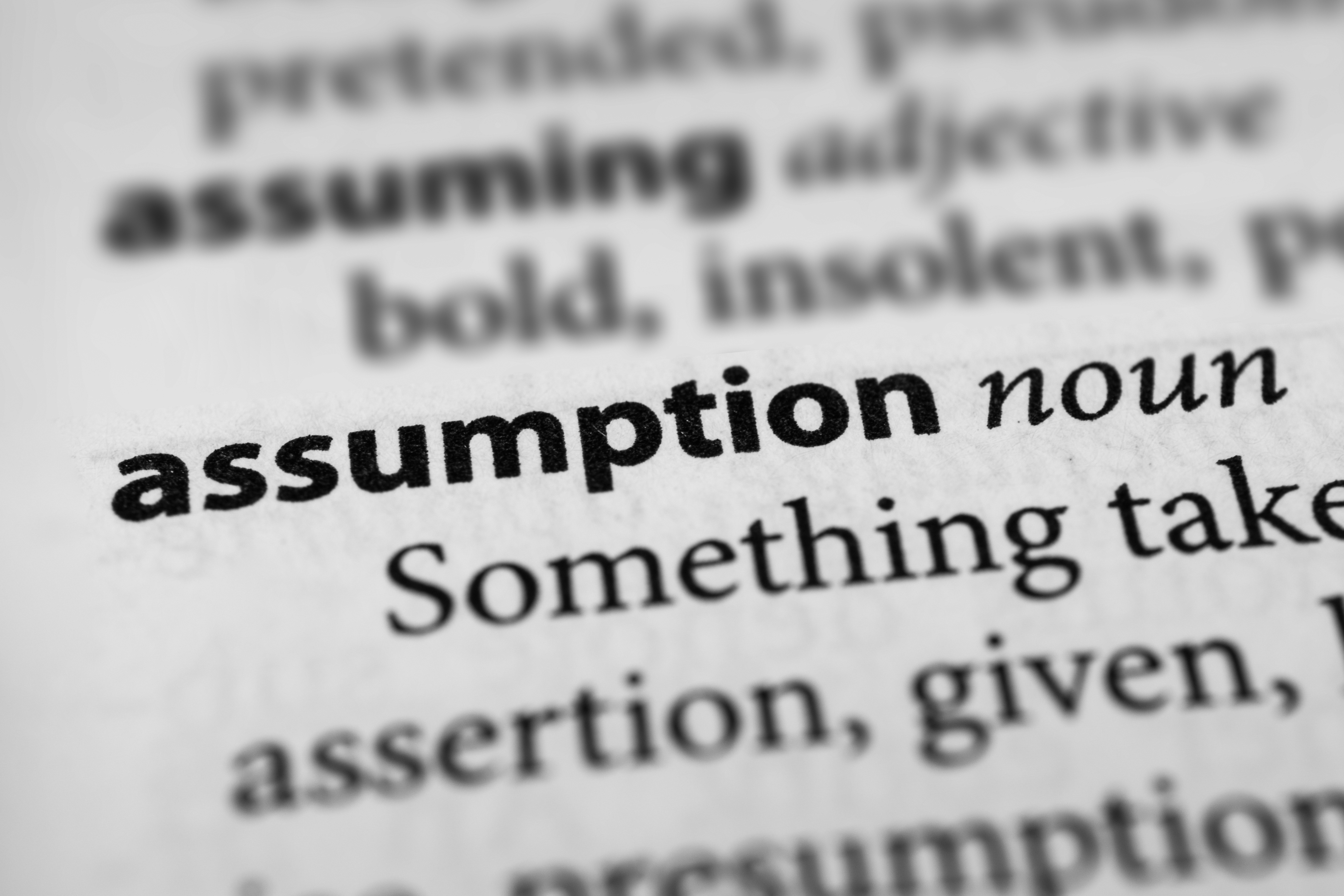Ignoring your problems won’t make them go away.
It’s an adage most learn in school, but recent actions – or lack thereof – on gas prices show the Newsom administration hasn’t taken it to heart.
On refinery capacity losses and the Low Carbon Fuel Standard, Sacramento chooses to pretend all is well. Californians paying ever-higher gas prices surely disagree.
On the refinery front, the Los Angeles Times reported last month:
“California’s attempt to manage a smooth transition away from gasoline just got roughed up with this week’s decision by Phillips 66 to shutter its refinery in Wilmington next year, wiping out more than 8% of the state’s crude oil processing capacity.
The closure is likely to increase California’s already high prices at the gas pump, given that much of the replacement gasoline will be shipped in by ocean vessel, analysts say.”
Even before the Phillips 66 announcement, the state’s Energy Commission had warned that California regularly demanded more gasoline than its limited refining capacity could provide. Losing another 1.3 billion gallons in annual gasoline output will only worsen state’s supply challenges.
But to the Newsom administration – which has long ignored California’s fundamental gasoline supply shortfall as a driver of high gas prices – losing yet another refinery has not led to alarm or shifts in policy.
As Politico put it: “California’s oil czar isn’t sweating this refinery closure.”
CARB originally predicted that the new standards could raise the per-gallon price of gasoline by 47 cents, but later disavowed that analysis and refused to provide an alternate cost forecast.
A separate report released by the University of Pennsylvania’s Kleinman Center for Energy Policy predicted that the overhaul could increase the cost of gasoline by 65 cents per gallon in 2025. The author of that report criticized CARB for “hiding the ball,” arguing that refusing to discuss gas price impacts could erode public trust in their policies.
Also expressing concern about the lack of transparency was Jim Duffy, former head of the transportation fuels division at CARB. Duffy warned CARB in October that the air board’s staff “continue to ignore warnings about the potential for future costs.”
Unfortunately for Californians, willful ignorance doesn’t lower gas prices.


